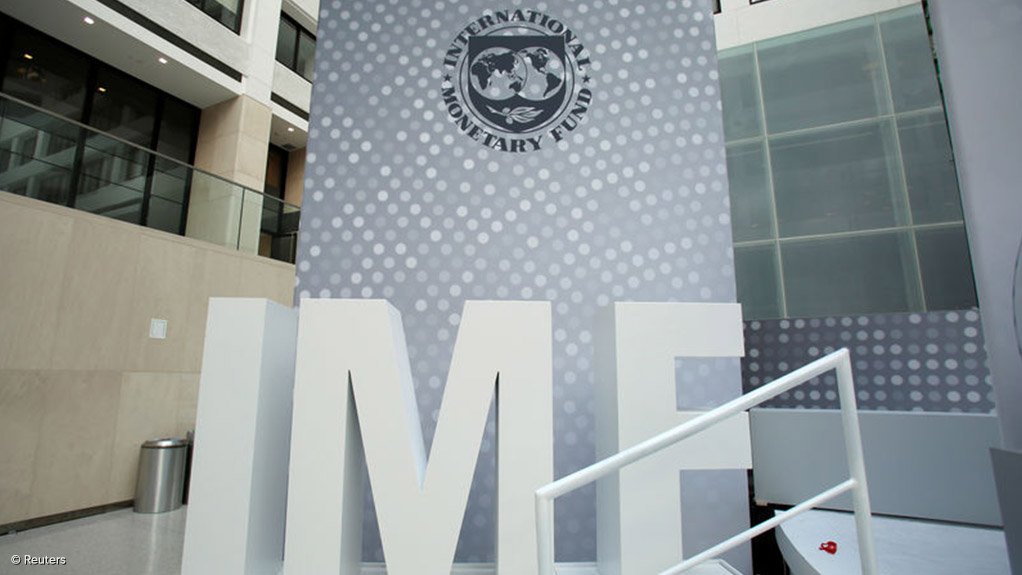- 90795_media_statement_-_2023_imf_article_iv_staff_report_on_sa.pdf0.37 MB
The content on this page is not written by Polity.org.za, but is supplied by third parties. This content does not constitute news reporting by Polity.org.za.
The National Treasury notes the publication of the International Monetary Fund (IMF) Article IV Staff Report on South Africa today. This Report outlines the outcomes of the IMF Article IV Consultation in South Africa that was held soon after the 2023 Budget, from 2 -17 March 2023, during which IMF staff discussed economic developments in the country with the Government, the South African Reserve Bank (SARB), state-owned enterprises (SOEs), parliament, business, labour and academia.
Since the publication of the Budget Review on 22 February 2023, some risks to the economy identified in the Budget have materialised. These include the further worsening of domestic structural constraints in electricity and logistics, which continue to limit production and exports; a higher cost of living wage settlement for the public service; and higher borrowing costs, which are expected to weigh on consumption and investment. Additionally, real GDP growth in 2022 was weaker than expected, at 2 per cent, posing adverse carry-over effects into 2023.
IMF Findings
The IMF highlights that South Africa is facing mounting economic and social challenges. They project real GDP growth of 0.1 percent in 2023, reflecting a significant increase in the intensity of power outages, and weaker commodity prices and external environment. The IMF does not expect public debt to stabilize during the MTEF and recommends stronger fiscal measures by government.
In summary, the IMF recommends:
• Predominantly expenditure-based fiscal consolidation measures of 3 percent of GDP over the medium-term to put the public debt on a firmly declining path;
• Improving the institutional fiscal framework to support growth-friendly fiscal adjustment, create fiscal space, and improve risk management;
• Carefully calibrated and communicated prudential measures to mitigate risks from the sovereign- debt nexus and continuing efforts towards a swift removal from the FATF grey list;
• A well-sequenced implementation of reforms, including urgent advancement of SOE reforms, broad-based actions to reduce regulatory burdens and entry barriers, deeper regional trade integration, creating an enabling environment for the expansion of the digital economy, enhancing the flexibility of labour markets to support inclusive growth, a multipronged approach to achieve South Africa’s climate ambition, promoting governance; and
• Continuing monetary policy normalization as planned, remaining data-dependent, to keep inflation expectations anchored and bring headline inflation back within the target band.
Full Statement Attached
Issued by National Treasury
EMAIL THIS ARTICLE SAVE THIS ARTICLE ARTICLE ENQUIRY
To subscribe email subscriptions@creamermedia.co.za or click here
To advertise email advertising@creamermedia.co.za or click here











